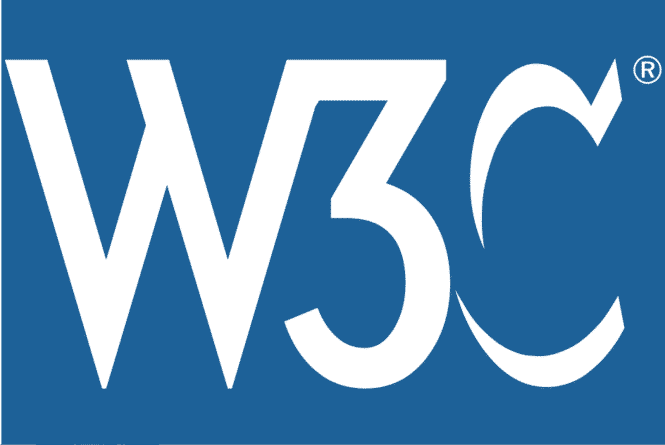
Section 508 Best Practices Webinar: New approaches to web accessibility requirements under WCAG3
The Section 508 Standards apply the Web Content Accessibility Guidelines (WCAG) 2.0 to web content and other electronic content. Issued by the W3C, WCAG 2.0 is a globally recognized, technology-neutral standard. The next webinar in the Section 508 Best Practices Webinar Series will take place July 27 from 1:00 to 2:30 (ET) and will feature new and differing approaches to web accessibility requirements proposed for the next generation of these guidelines and the draft WCAG 3.0 (or WCAG3). Presenters will discuss various topics, including the purpose of an accessibility standard, digital accessibility and technical requirements, and approaches to developing an accessibility standard. The conversation will include candid discussion about the concerns and difficulties various stakeholders have with current web accessibility standards. Section 508 (and EN 301 549) applied the WCAG 2.0 web standards to other digital content, which has implications for the development of WCAG3. Presenters will address both pre-submitted and live session questions. For more details or to register, visit www.accessibilityonline. Registration closes 24 hours before the start of the session. Instructions for accessing the webinar on the day of the session will be sent via email to registered individuals in advance of the session. Communication Access Realtime Translation (CART) and Video Sign Language Interpreters are available for the session and will be broadcast via the webinar platform. A telephone option (not toll-free) for receiving audio is also available. The Section 508 Best Practices Webinar Series provides helpful information and best practices for federal agencies in meeting their obligations under Section 508 of the Rehabilitation Act which ensures access to information and communication technology in the federal sector. This webinar series is made available by the Accessibility Community of Practice of the CIO Council in partnership with the U.S. Access Board. All webinars are archived and available on the archives webpage. |
